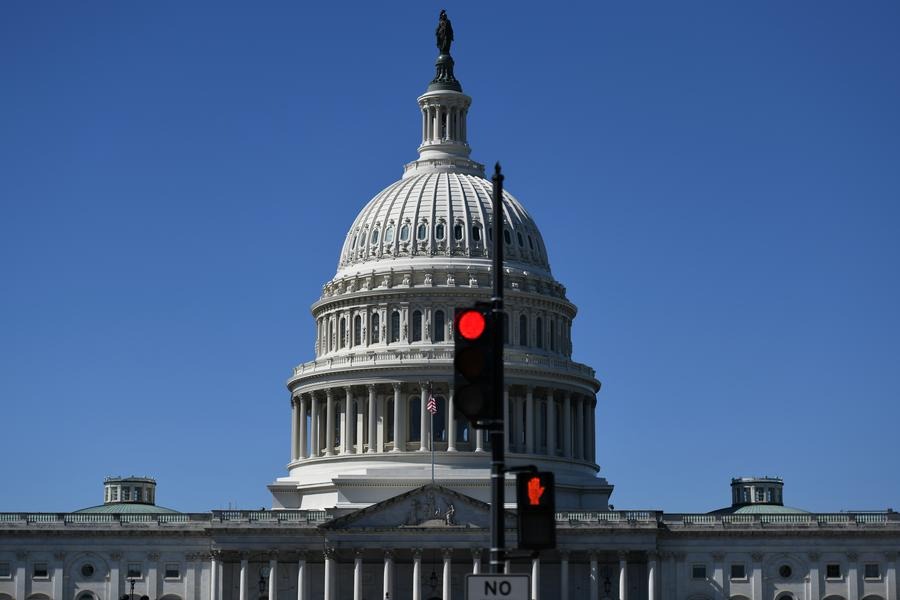Manila's delusion of external support: China Daily editorial


The Philippines is the provocateur responsible for the situation in the South China Sea. This statement of fact by Foreign Ministry spokesman Lin Jian in a regular news conference on Monday is a succinct and accurate assessment of the reason the waters are troubled.
Its moves, reminiscent of policies during the era of former president Benigno Aquino III, reflect a broader strategy by the current government of Ferdinand Marcos Jr to align closely with the United States' "Indo-Pacific" strategy.
It's an approach that could have disastrous repercussions for regional stability.
Why has Manila been emboldened to infringe upon China's maritime interests and territorial sovereignty in the South China Sea? And why does it choose to turn a deaf ear to China's call for talks over the disputes between the two countries?
It is the military support it is receiving from external countries keen to make difficulties for China that has provided Manila with the bravado for its actions.
Last month, Philippine Defense Secretary Gilberto Teodoro Jr held talks in Manila with the United Kingdom's Defense Minister, Lord Vernon Coaker, on a Visiting Forces Agreement between the two countries that will allow the two nations to deploy troops on each other's soil.
The Philippines concluded talks with Canada on signing a "Status of Visiting Forces Agreement" in March. It signed a similar agreement with New Zealand in April, and it previously signed an agreement with Japan on deploying forces in each other's territories in July 2024. It also has a long-standing military alliance with the US.
However, Manila risks being hoisted by its own petard.
China desires healthy ties with all neighboring countries, but it will never compromise its sovereignty and territorial integrity. The Philippines risks confrontation by persisting with its challenges to China's sovereignty and territorial integrity.
The Philippines is overestimating the help these countries will offer in the event of a clash, since these countries will not want to become embroiled in a conflict with China on behalf of the Philippines. Verbal support and shows of force are all that Manila should realistically expect.
Manila must be aware that relying on foreign forces to confront China in the South China Sea will only make its situation worse, at the expense of increased tensions in the region.
The stability of the South China Sea is crucial for all surrounding nations. The Philippines should reflect on its current course of action and its long-term implications. Embracing an approach that promotes regional stability and cooperation would serve the interests of the Philippines and its neighbors far better in the long run.
What makes the matter worse is that the Philippines is squandering opportunities to develop neighborly relations with China, whose economic and trade cooperation could provide a huge boost to its economic and social development.
China has reiterated on different occasions that the South China Sea maritime disputes should be settled through talks and that the disputes can also be shelved for joint exploration of resources.
China, on its part, remains committed to focusing on its own development while promoting regional stability. Its emphasis on enhancing dialogue with neighboring countries and collectively safeguarding peace in the region is manifest in its insistence on mutual respect and collaboration, which stands in stark contrast to the self-serving provocations of the Philippines.

































